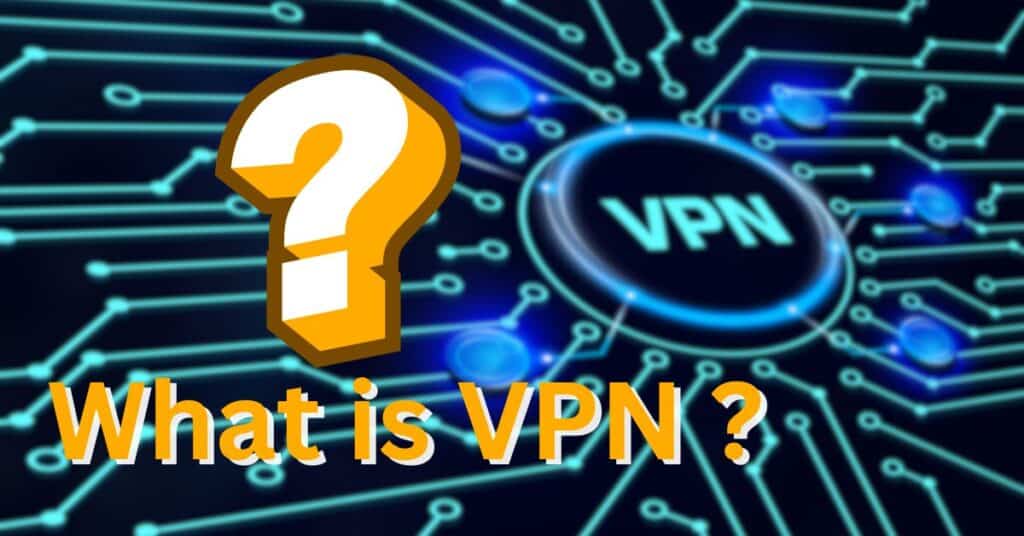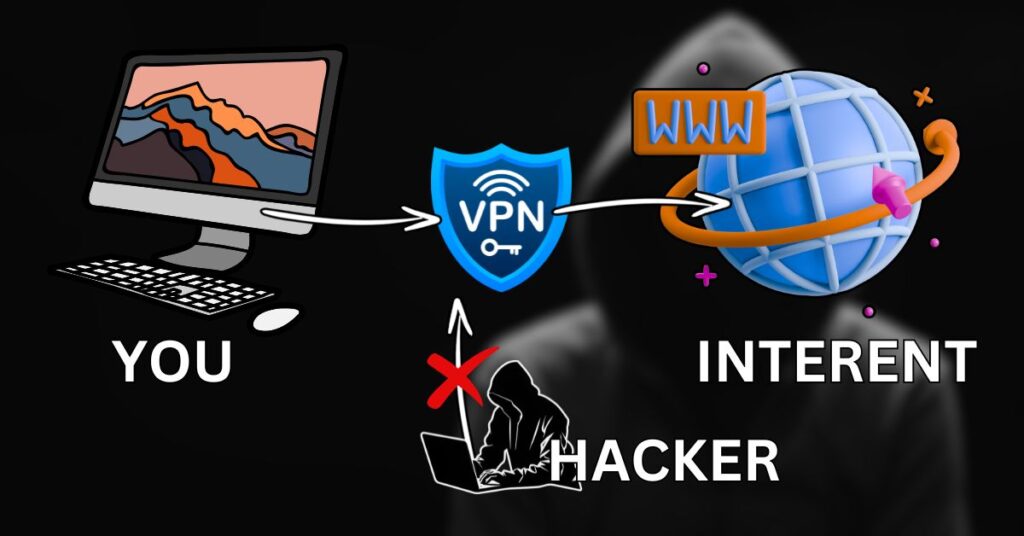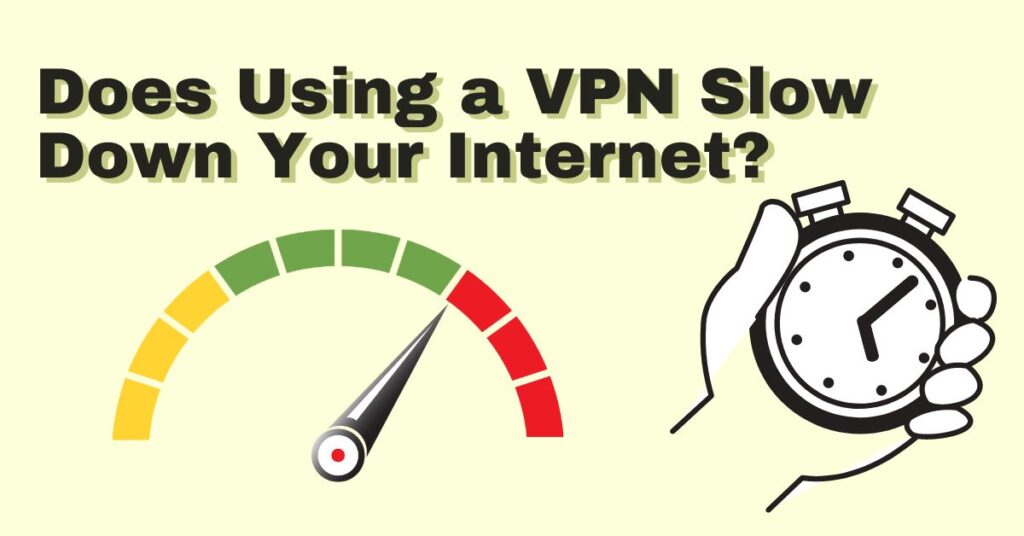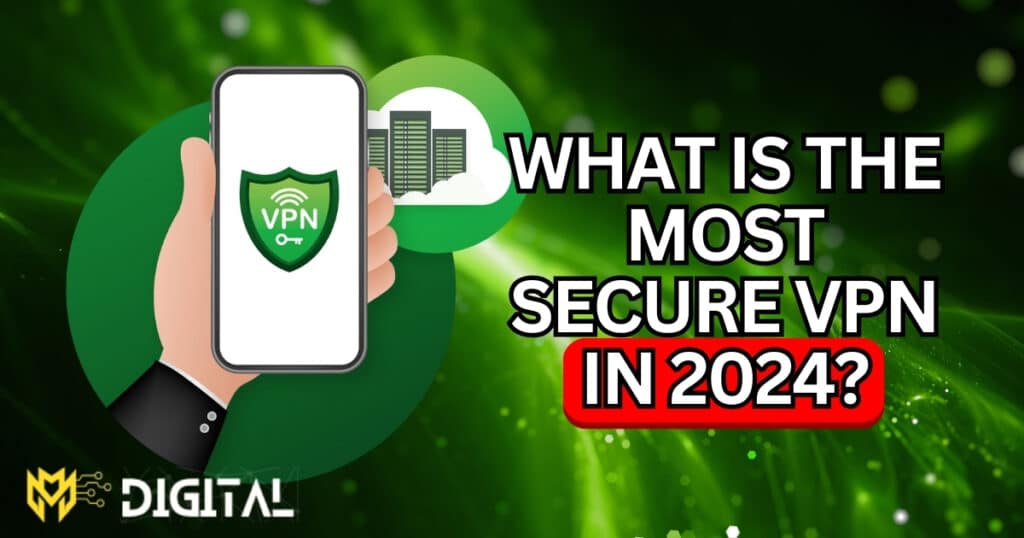In today’s digital world, the privacy and security of online information are vital issues.
The vast majority of users of Virtual Private Networks (VPNs) do not even know about their operation.
In this guide you will know about VPNs, their advantages, and their role to protect your online privacy.
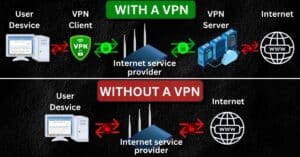
VPNs establish a secure connection between your device and the internet.
They mask your real IP address and encode the traffic of your internet.
This makes it more difficult for others to follow your online movements or get access to your confidential information.
Utilization of a VPN brings many benefits. Among other things, it provides the bypassing of the limitations and grants access to websites that are blocked in the area where you are. Moreover, VPNs safeguard your privacy by masking your identity and location.
This is particularly favorable when you want to use open Wi-Fi networks that may not be very secure.
Moreover, VPNs can be the reason for a good deal of savings on specific items that you are purchasing online.
Some websites provide various prices on the basis of your location.
However, by using a VPN you can disguise as if you were living in a different country and perhaps find cheaper prices.
Thus, VPNs are a fundamental part of your online privacy and security.
They make it simple and safe to navigate the internet.
Knowing how VPNs work can enable you to make better choices when it comes to your digital privacy protection.
Key Takeaways
Virtual Private Networks (VPNs) are powerful tools that enhance online privacy and security. Here’s what you need to know:
- VPNs encrypt your internet traffic and mask your IP address, protecting your data from hackers and snoopers.
- They offer numerous benefits, including: – Access to restricted content and bypassing censorship – Secure online transactions and remote work – Protection on public Wi-Fi networks – Reduced online tracking and ISP throttling
- Different types of VPNs cater to various needs, from personal use to business applications.
- While VPNs offer many advantages, it’s crucial to choose a reputable provider and be aware of potential limitations.
- Combining VPN usage with other good online practices can significantly enhance your overall digital security.
So, What is a VPN?
A VPN is an effective privacy and security tool. It builds a secure connection between your device and the Internet. This ensures that your data is encrypted and your IP address is invisible. The VPN is a means of keeping your online usage anonymous and safe.
A VPN protects your online privacy in this way very well. A VPN is the kind of service that encrypts your internet traffic so no one can see your real IP address. You are hidden from the ISP and any other party that wants to know your online activities. The VPN sends your traffic through a secure server. This makes it hard for anyone to track your online activities. Through a VPN, your internet data will be private and secure.
Encrypt Your Data: A VPN breaks the code of your online data. This stops the hacking of your personal information by being extremely hard to crack, especially on public Wi-Fi.
Hides Your IP Address: the VPN acts as a sentry preventing spying by masking your real IP address. VPNs can provide you with an alternative view that is far away from your actual location. It also protects your identity and your position on the globe. With it, websites, and ads do not have the ability to follow your on-line activities.
VPNs are continuing to gain popularity. It is stated by specialists, the Worldwide VPN market is going to augment distinctly, and it is estimated to cross some $75.59 billion in the year 2027. This strong forecast is also evidence of the fact that people are increasingly looking for solutions to their online privacy issues.
15 Powerful Benefits of Using a VPN
Enhanced Privacy and Security: – Protects your information by encrypting internet traffic. – Keeps you anonymous by masking your real IP address.
Access to Restricted Content: – Allows you to watch geo-restricted streaming services. – Helps bypass website blocks in certain countries.
Avoid Censorship: – Enables access to information and websites that might be censored.
Secure Online Transactions: – Adds an extra layer of security for online banking and shopping.
Better Remote Work: – Enables secure access to company resources from anywhere.
Protection on Public Wi-Fi: – Creates a secure tunnel on vulnerable public networks.
Bypass ISP Throttling: – Potentially improves internet speed for specific activities.
Reduce Online Tracking: – Makes it harder for advertisers to build profiles based on browsing habits.
Safe File Sharing: – Protects identity during peer-to-peer file sharing.
Secure Voice over IP (VoIP) Calls: – Encrypts VoIP calls, preventing eavesdropping.
Access to Better Deals: – Allows finding better prices by changing virtual location.
Protection Against DDoS Attacks: – Provides security for online gamers against DDoS attacks.
Bypass Network Restrictions: – Helps access blocked websites at work or school.
Improved Online Gaming Experience: – Can reduce lag by routing traffic more efficiently.
IoT Device Protection: – Helps secure smart home devices from potential vulnerabilities.
Why Use a VPN?
For Business:
Secure Remote Access: VPNs play a very good role in following the work practices of employees. Sharing this helps in two aspect, first, the significance of remote working gets highlighted and the second, is the safety of the companies.
For Privacy:
Secure Public Wi-Fi: The VPNs are very powerful in this period of public networks as any information, in a simple and public manner, is dangerous. They are gratifyingly high when work is done in public, such as libraries, cafes, etc. Cover Your Track: The VPNs can keep your internet records private. They can stop them from bringing internet service providers and hackers into the loop of collection and sale of your data.
For Accessing Restricted Content:
Bypass Regional Blocks: With VPNs too, it is possible to watch content that has been blocked in the user’s area. They connect the user to servers in other countries for getting around the limits.
Different Types of VPNs
Remote Access VPN: The primary feature of this is that you can connect to a private network from anywhere in the world.
Site-to-Site VPN: Multi-location organizations use this to link their networks.
Client-to-Provider VPN: This is the most well-known form that individuals use. This is what happens in this case, a VPN client is installed on your devices.
Mobile VPN: This is intended for mobile devices. To ensure a secure connection when you change networks, the user needs to be authenticated.
How Does a VPN Work?
Encryption: The VPNs including other hardware and the internet make the internet data difficult to be recognized; they convert plain data into computer-generated codes. Tunneling: A tunnel is created between your device and the VPN server, which is a secured one. IP Masking: The address of the VPN will be displayed instead of your IP address. Server Network: The VPN companies have reams of servers in various locations, thus, they offer users a number of options where they can be.
Potential Drawbacks of VPNs
On the whole, it is great to be aware of the possible challenges that come with VPN while it is clear that they have a lot of underlined advantages:
Performance Impact: First of all, one of the drawbacks may be a slow internet connection when using a VPN. The reason for that is the data encryption and transmitting it to the faraway server through a VPN.
Free VPNs: On one hand, some free VPN services could provide low privacy levels for their customers. On the other hand, they may trade your information with third parties. to further the lack of privacy.
Constant VPN Use: It is not wise to use a VPN all the time, for instance, if you are playing games you do not need a VPN service.
Trustworthiness of VPN Providers: In the same way, it is extremely important for the VPN users to check the history as well as the privacy and all the trust aspects before choosing it in order to have a secure VPN.
Practical Tips for Choosing and Using a VPN
- For Frequent Travelers: – Why don’t they use a travel router configured with a VPN for easy secure connections?
- For General Privacy: – What about VPN use along with secure online practices like strong passwords as well as two-factor authentication?
- For Sensitive Activities: – Can you benefit from using a dedicated device with a VPN for very sensitive tasks?
- Choosing the Right VPN: – Seeking products with intense security, a non-logging policy, an extensive server network, and a kill switch feature may work better.
- Mobile VPN Usage: – Do you need to install dedicated VPN apps and turn on the auto-connect features?
- Regular Updates: – Will it be beneficial for your VPN client to be kept up to date for all security and improvement purposes?
Conclusion
A virtual private network (VPN) is a handy instrument for such things as privacy. The fact is, it is capable of securing one’s online activities and getting access to the contents of restricted courses. Digital privacy is at risk in the present-day scenario. VPNs are the best at solving online security problems. They can help you keep your personal data safe on public Wi-Fi. You can also bypass countries’ restrictions or censorship through VPNs. These things take VPNs’ usefulness to the next level for personal as well as work use.
VPNs can be a solution to your online privacy and security issues. However, you have to choose a VPN provider that is reliable. And you have to be aware of how VPNs operate. Achieving an enhancement in your online privacy and security using a VPN is indeed possible through steps planned as per the situation.
Keep in mind that a VPN is only a part of your online security measures. Use it together with other practices such as the following. Select strong passwords that are hard to guess. Be sure to keep your software updated. Note that some of the information on the internet is not trustworthy and you must be careful about it. Thus, the use of these tools and practices can assure that you can feel safer and calm in the digital world.
FAQs
1. How does a virtual private network VPN provide security?
VPNs are disclosed for use on the user’s internet. By virtually duplicating the data on his/her server, the VPN provider encrypted the data to hide the user’s IP address. In this way, internet users may not have a bridge connecting their device and the internet so that it is practically impossible to see what sites were visited and by whom. Everything is done in a few clicks without leaving any traces on the activity logs of the Wi-Fi router.
2. How does a VPN protect your online privacy?
A VPN is utilized to secure your online privacy. It masks your IP address and uses encryption to protect the content of your data. It differs in this aspect, that advertisers, websites, and hackers are not able to trace back your activity online. This especially applies to the case of public Wi-Fi.
3. What is the advantage of using a virtual private network VPN?
Using a VPN has a variety of advantages such as: .- Enhanced online anonymity .- Getting to the geographically-restricted ones .- Public Wi-Fi protection and security .- Getting around censorship .- Giving remote access to businesses securely .VPNs are also tools to decrease the amount of tracking you are subjected to while playing games online smoother.
4. What is a VPN virtual private network?
You can think of VPNs as services that create a safe, encrypted private connection between your device and the internet. In other words, it works like a private tunnel for your online data. This process conceals your IP address and location. It shields your privacy from cyber threats and snoopers.
